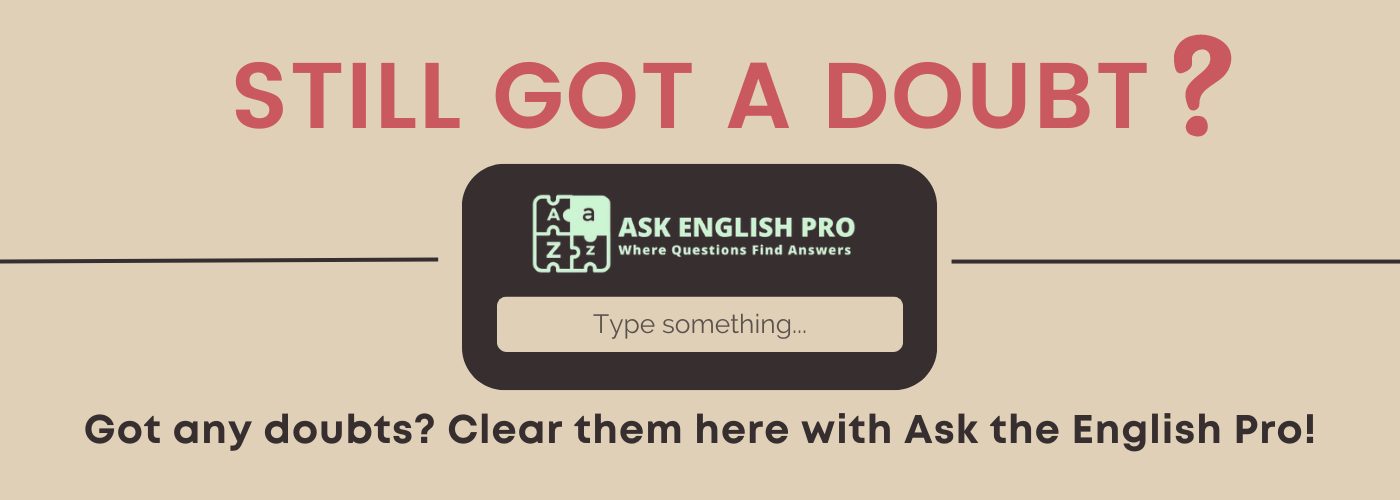Detailed Article for the Word “Vexatious”
What is Vexatious: Introduction
Like a persistent itch that refuses to go away, “vexatious” describes actions, people, or situations that cause repeated annoyance, frustration, or distress. Whether it’s a colleague who interrupts every conversation or a recurring problem that drains time and energy, vexatious elements in life can test our patience and resilience. Today, the term is widely used to highlight situations that unnecessarily irritate or obstruct, reminding us that sometimes the greatest challenges aren’t monumental but simply naggingly vexatious.
Origin and History of the Word Vexatious
The word “vexatious” finds its roots in the Latin “vexare,” meaning “to shake, jolt, or annoy.” From Latin, it entered Old French as “vexer,” then moved into Middle English as “vexen,” referring broadly to disturbing or agitating actions. “Vexatious” evolved by the 16th century to describe behavior that is persistently troublesome or annoying. While originally linked to any disturbance, over time, the word took on legal connotations, especially in “vexatious litigation,” referring to lawsuits filed with the intent of harassing rather than seeking justice. Today, it remains a powerful term to describe both ordinary and official annoyances.
Meaning and Definition of Vexatious
Vexatious (adjective):
- Causing or tending to cause annoyance, frustration, or worry; irritating.
- (Legal) Pertaining to actions intended solely to harass or subdue through abuse of legal processes, such as vexatious lawsuits.
- Characterized by persistent or intentional trouble-making.
How to Pronounce Vexatious
vek-SAY-shus
How to Remember Vexatious: Memory Tips
Think of the word “vex” as a short, sharp reminder of something irritating. Picture a buzzing mosquito that keeps coming back despite all attempts to swat it away—each return is “vexatious.” Another memory aid is to link “vex” with “vexing,” which is a more commonly used form, and think of “-atious” as an intensifier, suggesting that something is especially annoying or troublesome.
Vexatious in a Sentence: Examples and Usage
- Everyday: The constant construction noise was vexatious, interrupting her concentration all day.
- Legal: The judge dismissed the case as vexatious, stating it was filed only to harass the defendant.
- Workplace: His vexatious behavior, constantly nitpicking others’ work, created a tense office environment.
- Personal: She found her cousin’s questions vexatious, as they always seemed designed to provoke her.
- Historical: Medieval knights often described repeated invasions by enemy forces as vexatious, as they drained resources and morale.
- Literary: The vexatious character of Mrs. Bennet in *Pride and Prejudice* added humor and conflict to the story.
- Social: Many find spam emails vexatious, filling their inboxes with unwanted messages.
Difficulty Level of Using Vexatious
Intermediate to Advanced:
- Often used in both everyday and formal settings
- More challenging due to its specialized legal use
- Commonly employed for nuanced description of annoyance
Modern Usage of Vexatious in Contemporary Context
In modern usage, “vexatious” appears frequently in both everyday and legal contexts. It describes anything persistently annoying, from everyday frustrations like traffic delays to complex legal situations involving vexatious litigation. In law, vexatious litigation is a serious concern, often leading to court sanctions or penalties for wasting judicial resources. Outside the courtroom, vexatious interactions can describe everything from minor irritants to more severe disturbances, such as harassment or repetitive intrusions. The word has found a niche in discussions about internet behavior, where vexatious comments or trolling can disrupt online communities. As digital communication grows, so does awareness of vexatious behavior, making it a relevant term for understanding modern interactions and legal protections.



















